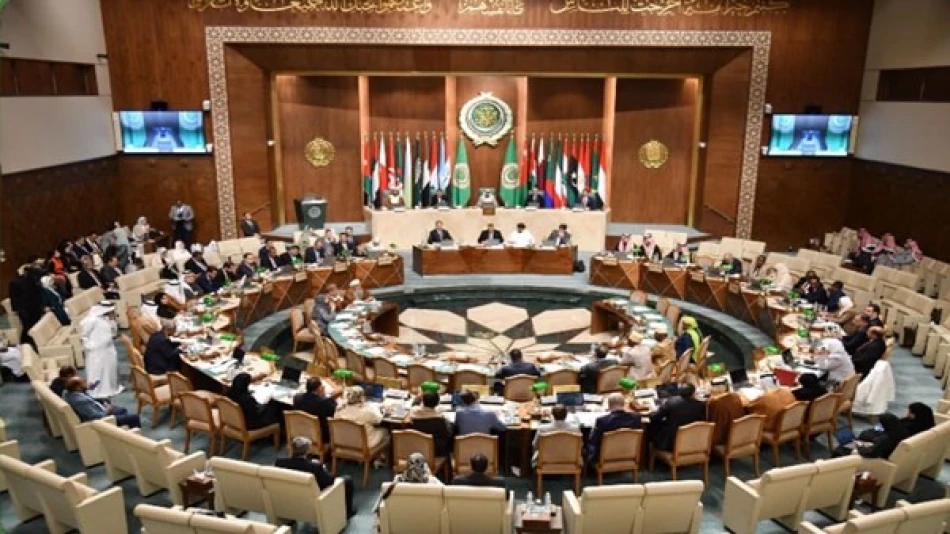
Arab Parliament Condemns Israeli Minister Ben-Gvir's Incursion into Al-Aqsa Mosque
Israeli Ministers Lead Provocative Al-Aqsa Incursions as Regional Tensions Escalate
The Arab Parliament has condemned recent incursions into Jerusalem's Al-Aqsa Mosque compound by Israeli settlers accompanied by government ministers, including National Security Minister Itamar Ben-Gvir. The controversial visits, which involved provocative rituals under Israeli military protection, represent a significant escalation in religious tensions and challenge the delicate status quo governing one of the world's most contested holy sites.
Breaking Historical Precedent
The participation of senior Israeli government officials in these mosque compound visits marks a departure from decades of established practice. Since Israel's capture of East Jerusalem in 1967, an informal arrangement known as the "status quo" has governed the Temple Mount/Haram al-Sharif complex, allowing Jewish prayer at the Western Wall while restricting Jewish worship on the compound itself to prevent religious conflict.
Ben-Gvir, a far-right politician who has previously advocated for Jewish prayer rights at the site, has made multiple visits to the compound since joining Prime Minister Benjamin Netanyahu's government. These actions signal a potential shift in Israeli policy toward the sensitive religious site, which serves as the third holiest location in Islam and Judaism's most sacred place.
Regional Response and Diplomatic Implications
The Arab Parliament's condemnation reflects broader regional concerns about Israel's approach to Palestinian territories and religious sites. The body explicitly linked these mosque incursions to ongoing military operations in Gaza and settlement expansion in the West Bank, framing them as part of a coordinated campaign that threatens to transform a territorial dispute into a religious conflict.
This characterization carries significant implications for regional stability. Historical precedent shows that tensions at Al-Aqsa often trigger broader cycles of violence—the Second Intifada in 2000 was partially sparked by Ariel Sharon's controversial visit to the compound while serving as opposition leader.
International Stakes and Security Concerns
The timing of these incidents compounds existing international concerns about escalating Middle East tensions. With ongoing conflicts in Gaza and increased settlement activity in the West Bank, the introduction of religious dimensions to an already volatile situation presents new challenges for diplomatic efforts.
Jordan, which maintains custodianship over Islamic holy sites in Jerusalem under agreements with Israel, has historically served as a moderating influence in such disputes. However, the involvement of Israeli government ministers in provocative actions at Al-Aqsa tests these diplomatic arrangements and could force Jordan to take stronger public positions to maintain credibility with its predominantly Palestinian population.
Long-term Implications for Jerusalem's Future
The Arab Parliament's call for international protection of Palestinian religious sites and its reaffirmation of Palestinian claims to East Jerusalem as a future capital highlight the broader stakes involved. These incidents occur against the backdrop of the Abraham Accords and efforts to normalize relations between Israel and Arab states—relationships that could face strain if religious tensions escalate.
The systematic nature of these visits, combined with government participation, suggests they represent policy rather than isolated incidents. This approach risks undermining the careful balance that has prevented major religious conflicts at the site for over two decades, potentially opening a new front in an already complex regional crisis.
Most Viewed News

 Layla Al Mansoori
Layla Al Mansoori






